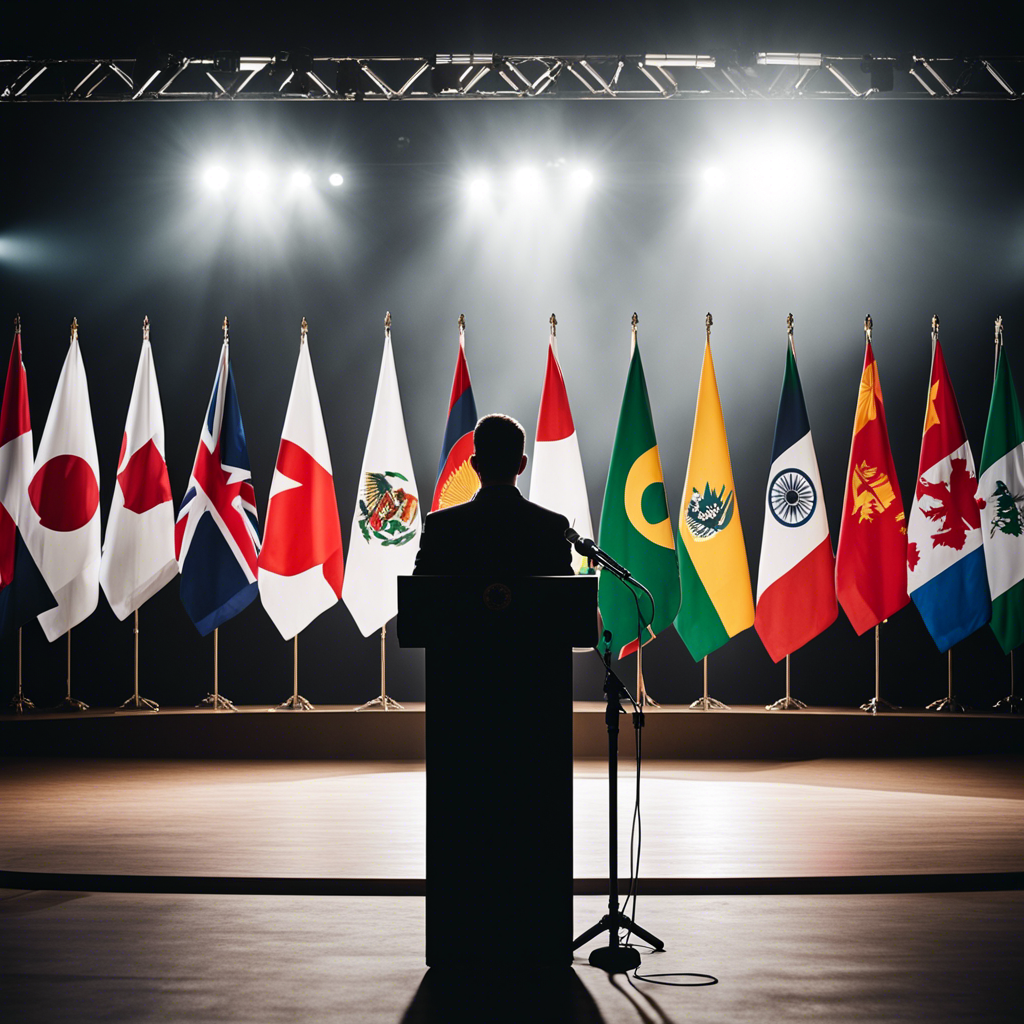It’s a common theme for certain individuals to herald their belief in “liberty”, although it’s usually only their individual liberties they’re interested in. During the peak of the Covid pandemic three years prior, a few of these individuals chose to unashamedly ignore masks mandates, marching through the streets of Dublin, brandishing their version of “nationalism” wrapped in the flag of our nation. They directed threats and vulgar language towards public figures and law enforcers, three of whom ended up hospitalised; their chaotic behaviour infused with disorderly national pride and expressions of “patriotism”.
The manner in which these actions were conducted, the aggression and symbolism displayed all echoed the narrative from the playbook of Donald Trump/QAnon, intermingled with an unsavoury dose of English white supremacy.
Last week, a similar scene unfolded in Celbridge, County Kildare, not far from my own residence, the same shrieks of obscenities, the identical profanation of the flag, and firework attacks targeting gardaí outside a hotel that has been home to asylum seekers for a significant period.
An online message was circulated prior to these events by Fergus Power, a self-proclaimed “patriotic” husband and father, according to his social media bio. The post was published at 11.50am, on 27th February, bearing the headline “Major Incident Celbridge”.
Power and his cohorts carry the self-assumed label of “citizen journalist”, confidently criticising mainstream media. To get a sense of contrast, it’s worth detailing his post, not only for those active on social media but equally those not engaged in such platforms. His initial claim was a report of sexual assault on a minor by foreign men. He queried police actions, suggesting that they attempted to quietly diffuse the situation by arranging a taxi, rather than an ambulance for the victim, and not making any arrests. The family, according to him, was relocated back to Celbridge Manor post-hospitalisation.
This narrative denounces the endeavours of the police, mainstream media and government entities to keep a horrible incident concealed, in their relentless pursuit of fulfilling questionable motives and financial intentions. They have been projected as the antagonists who have been working tirelessly to stifle this narrative. Regardless of the young girl’s nationality, the transgression that has violated her innocence is unjustifiable. Each individual connected to this abhorrent act and its cover-up should be publicly unmasked and held responsible.
The narration urges an immediate halt to these oppressive activities and encourages citizens to act before it’s too late. An appeal to join a civil gathering in South Dublin and parents harbouring similar concerns is communicated. The narrative prays for divine blessings upon those standing against such atrocities, especially for the traumatized little girl and her family.
However, the reason for the abundance of question marks after significant statements, suggesting their unverified nature, is puzzling. When a version of this story was shared by a user named “Dublin city centre says no”, they were questioned about the sources and the authenticity of the tale. Their response indicated the mainstream media was reluctant to cover such scandalous exploits.
The author’s anonymity sparks questions around their understanding of the laws regarding reporting about sexual assaults against a minor in a recognisable location. Perhaps, some followers of Power on Twitter/X were puzzled about the presence of three European Union citizens in a location referred to as “plantations” and “human trafficking centres”. They may have questioned why mainstream media reports were filled with uncertainties.
Indeed, a few of them might have noticed the issue with openly accusing individuals who, according to Power’s claims, were already victims. The gathered crowd exuded nothing but scalding verbal attacks towards the adults and children housed within the building, urging their expulsion and calling them derogatory names. Gossip about incinerating the building was also recorded.
Power, originating from south Dublin, was present to document a sizeable gathering and to share a video online. He subtly distanced himself from the behaviour of some individuals he portrayed as antagonisers, dressed in disguise and advocating aggression while issuing threats towards police and security personnel. Power argued that genuine patriots wouldn’t behave in such a manner and any events that occurred would be calculated attempts to tarnish their reputation, comparing it to the violent protests witnessed in November. Strangely, Power’s citizen journalism didn’t lead him to identify or question these aggressive instigators.
Previously uploaded comments by Power seemed to disappear, only to resurface when he reshared tweets from users questioning the delay of An Garda Síochána in debunking rumours, causing a seemingly endless cycle of information.
Subsequently, the guards, due to constraints on the depth of information they could share, reported an incident involving an adult known to a child, who had allegedly been physically harmed. But by this point, the impact had already been felt.
These online interactions and the subsequent gathering had far-reaching consequences on the community, surpassing the ordinary venom found on Twitter or complaints about insufficient resources. These activities were underpinned by a mix of uncorroborated allegations against a specific group of people, supposedly within an extremely delicate asylum centre. This begs the question, where is the line drawn between merely abhorrent but unfortunate free speech errors and the criminal offence of incitement to hatred as outlined in the Hate Speech Bill? Such an offence requires the intent or negligence to incite hatred. So, where should the boundaries lie?

